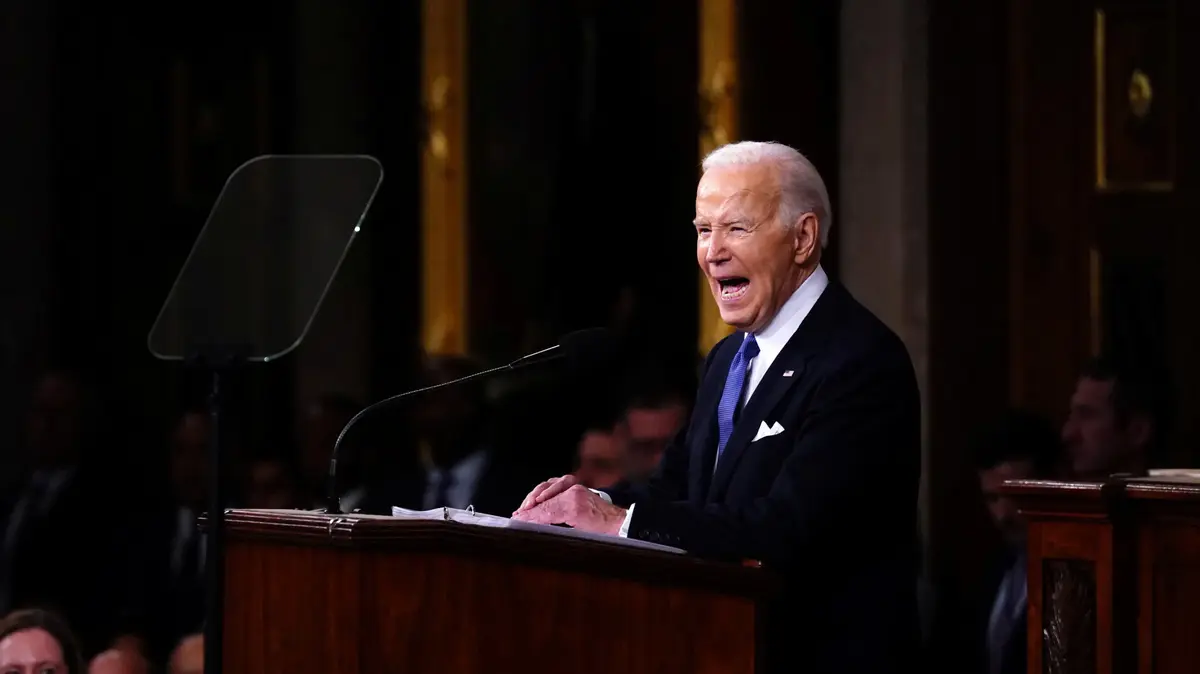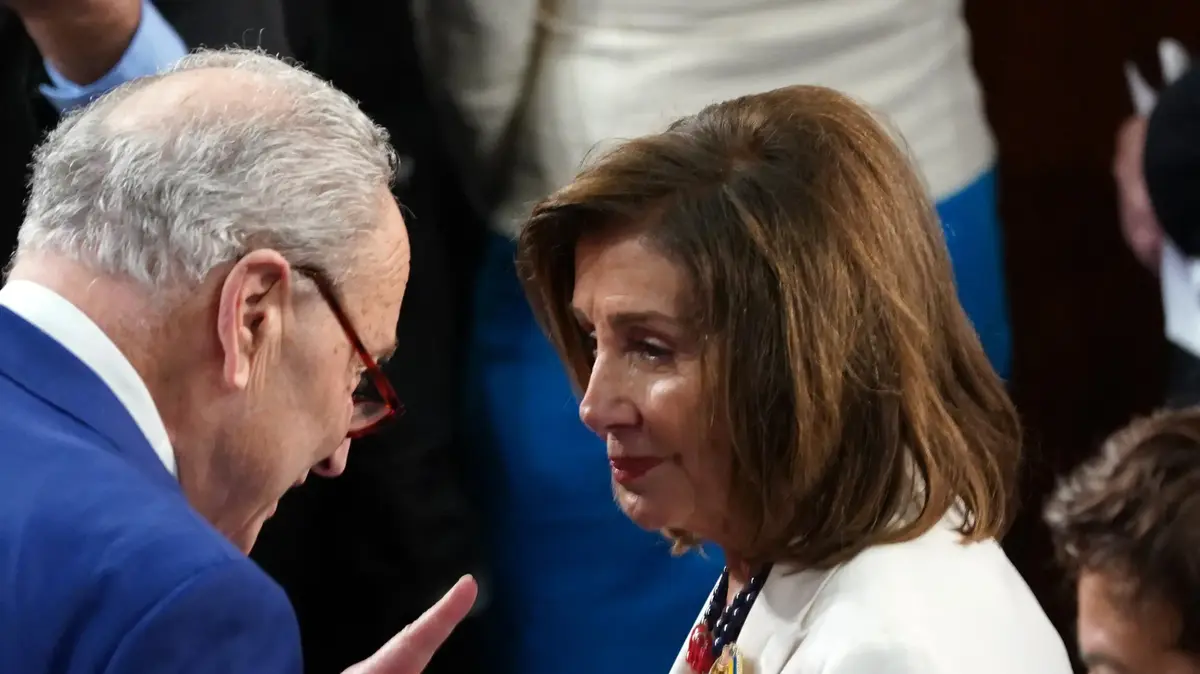Enlarge image
Permanent Prime Minister Netanyahu: Will he be replaced after twelve years in office?
Photo: Abir Sultan / AFP
Two years, four ballots, and again and again a crippling stalemate: shortly before the deadline for the formation of a government next Wednesday, an unusual coalition of partly ultra-right and partly left-wing liberal parties is emerging in Israel. In terms of content, the differences in this possible alliance could hardly be greater; the parties involved are primarily united by their political opposition to the incumbent, often controversial Prime Minister Benjamin Netanyahu, who has ruled the country without interruption for almost twelve years.
His replacement now seems palpable for the first time in years. At first it looked as if Netanyahu would emerge politically stronger from the current Gaza war, but now the leader of the far-right Yamina party, Naftali Bennett, has decided on an alliance with opposition leader Jair Lapid from the future party Yesh Atid. The Israeli radio reported on Sunday, according to information from the news agency dpa. The former defense minister had confirmed his alliance promise in private talks, it said. An official announcement is pending.
According to further media reports, Bennett has agreed with Lapid on a rotation in the office of the head of government for the coming legislative period in the Knesset, the parliament of Israel: First Bennett is to be prime minister for two years, then Lapid for two more years. If such a government actually comes about, the Netanyahu era would be over. The now 71-year-old was already at the head of the government in the second half of the 1990s; since 2009 he has been permanent prime minister with his right-wing Likud party and numerous changing coalition partners.
In the parliamentary elections on March 23, Lapid's party for the future, which is centered on the political scene, became the second strongest force behind Netanyahu's Likud.
Again, there was no clear majority, Netanyahu failed to form a government.
On May 5th, President Reuven Rivlin asked Lapid to form a coalition.
The mandate is only valid until Wednesday at midnight.
If the alliance with Bennett becomes official, Lapid would first have to inform Rivlin and then have seven days in which to swear his government in parliament.
This requires a simple majority of the 120 MPs in the Knesset.
What is Netanyahu's plan?
Of course, Netanyahu does not want to leave government business to his opponents without a fight. On Sunday he offered both Bennett and his arch-rival Gideon Saar from the right-wing Tikva Chadascha (New Hope) party a coalition in which the three party leaders would then rotate in the office of prime minister. In a Twitter video, he spoke of a "fateful moment for the security, character and future of the State of Israel". He urged Bennett and Saar to "prevent a dangerous left government." Saar, who should become the first head of government after this proposal, has already rejected the proposal.
For its part, the Future Party held coalition talks with Tikva Chadascha on Sunday. Lapid has already reached agreements with the left-liberal Meretz party, the labor party and the far-right Israel Beitenu party led by former Foreign Minister Avigdor Lieberman. The central politician wants to gather several small parties behind him, even if they are far apart in the political spectrum. His alliance would likely be a minority government, tolerated by Arab MPs.
Israeli policy expert Tal Schneider said on Sunday that a difficult balancing act would be necessary on numerous issues in the coalition agreements, including the two-state solution with the Palestinians.
Naftali Bennett in particular will find it difficult to force the nationalist forces within his Yamina party into line with Lapid's more liberal course.
Schneider sees Netanyahu, who has to stand trial for corruption allegations, in the role of an active opposition leader should he be replaced.
"He probably thinks that this government will collapse very quickly," she told the dpa.
In this case, he counts on his victory in another new election.
It would then be the fifth vote within two years.
bor / dpa / Reuters


/cloudfront-eu-central-1.images.arcpublishing.com/prisa/57W3XJJOEVD6DPVJCW54P3NVUE.jpg)












